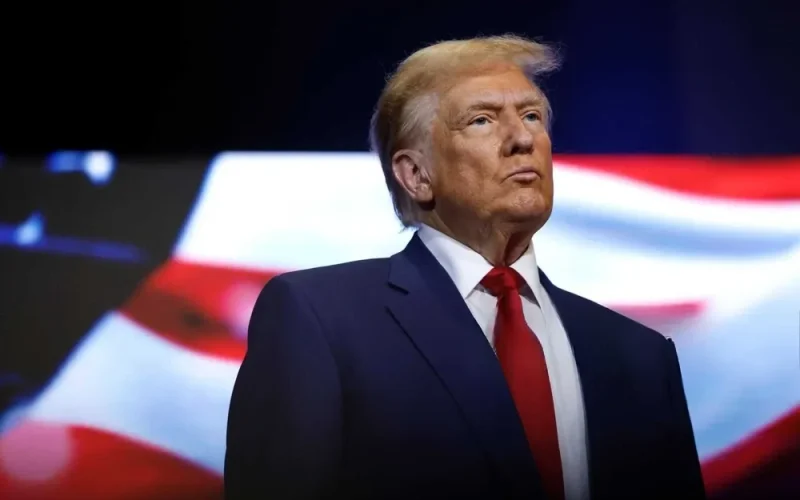U.S. President Donald Trump has signed an executive order aimed at blocking the enforcement of state-level legislation designed to reduce fossil fuel use and address climate change.
The order, issued on Tuesday, directs the U.S. Attorney General to review and challenge state laws that seek to regulate carbon emissions, promote environmental justice, implement ESG (environmental, social and governance) frameworks, or take broader climate action.
The directive is part of a wider effort by the Trump administration to expand domestic energy production and roll back Democratic-led initiatives to curb greenhouse gas emissions. The order came just hours after Trump authorised measures to boost coal production.
“Many States have enacted, or are in the process of enacting, burdensome and ideologically motivated ‘climate change’ or energy policies that threaten American energy dominance and our economic and national security,” the executive order states.
Trump singled out climate-related policies in New York and Vermont that impose penalties on fossil fuel companies, California’s cap-and-trade emissions scheme, and lawsuits brought by states seeking to hold energy firms accountable for their contributions to global warming.
The response from states was swift. The Democratic governors of New York and New Mexico, Kathy Hochul and Michelle Lujan Grisham—who co-chair the U.S. Climate Alliance, a coalition of 24 governors committed to climate action—rejected the order.
In a joint statement, they said: “We will keep advancing solutions to the climate crisis that safeguard Americans’ fundamental right to clean air and water, create good-paying jobs, grow the clean energy economy, and make our future healthier and safer.”
The executive order has also drawn support from the oil and gas industry. The American Petroleum Institute (API), a prominent industry group, welcomed the move.
“We welcome President Trump’s action to hold states like New York and California accountable for pursuing unconstitutional efforts that illegally penalise U.S. oil and natural gas producers for delivering the energy American consumers rely on every day,” said Ryan Meyers, Senior Vice President at API.
The executive order sets the stage for a likely legal and political confrontation between the federal government and states that have taken independent steps to mitigate climate change amid a lack of unified federal policy.

















